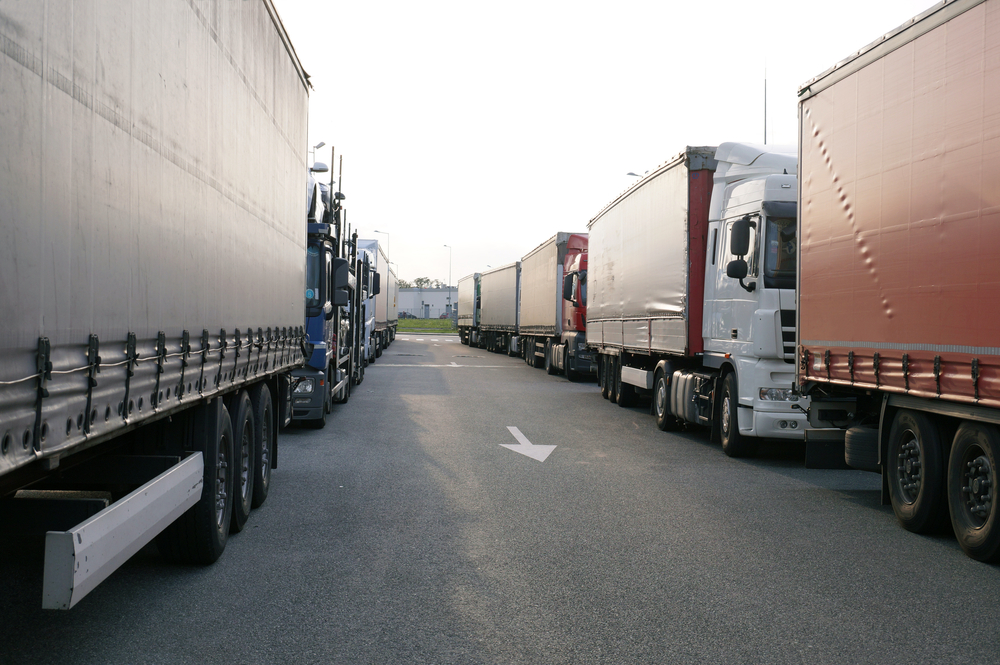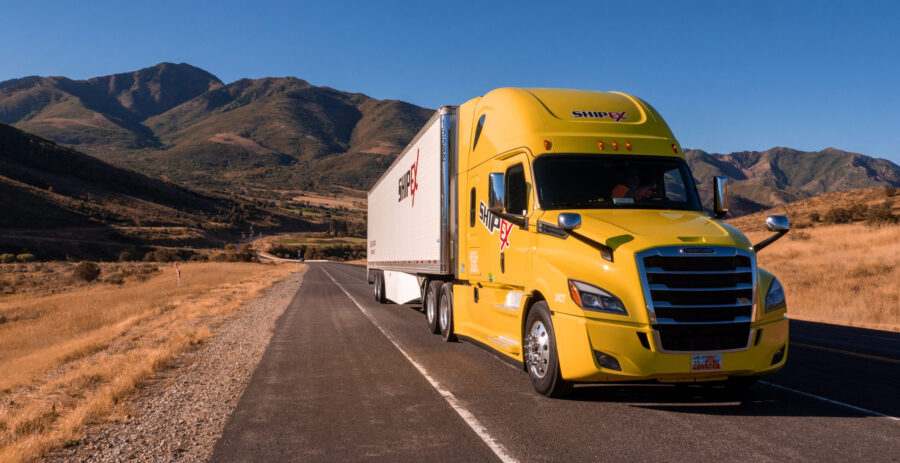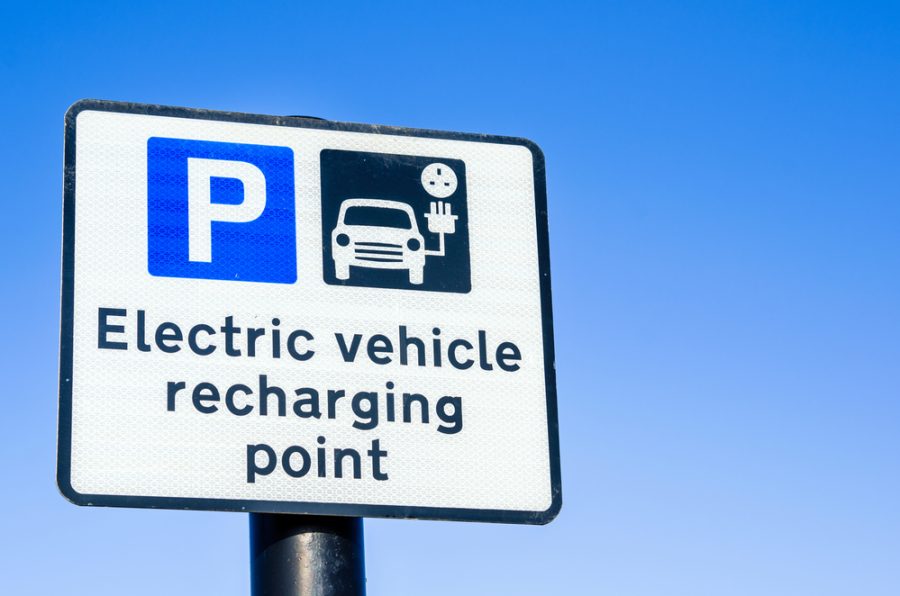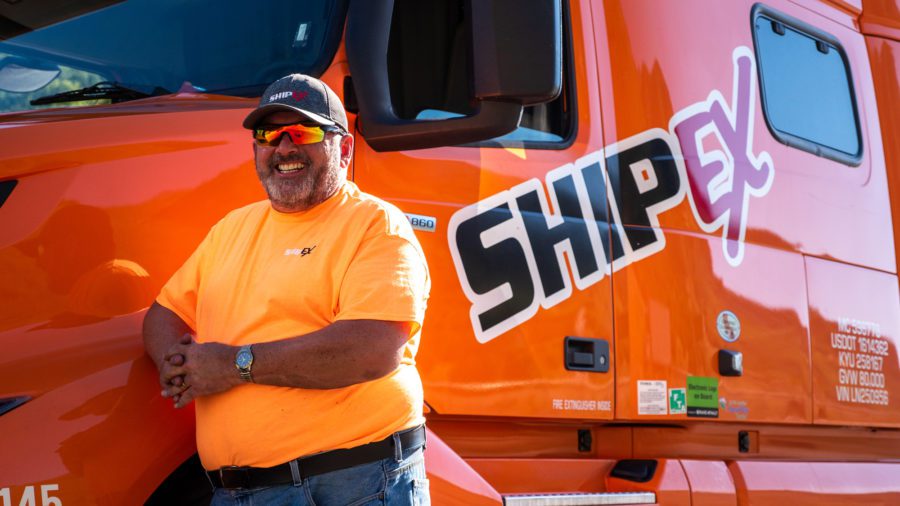Introduction
In a world where going green is no longer a nice to have but a must-have, sustainable transportation is the key to our fight against climate change. Defined as moving goods and people in ways that reduce environmental impact, sustainable transportation is good for the planet. At ShipEX we get it and are reducing our carbon footprint as we go.
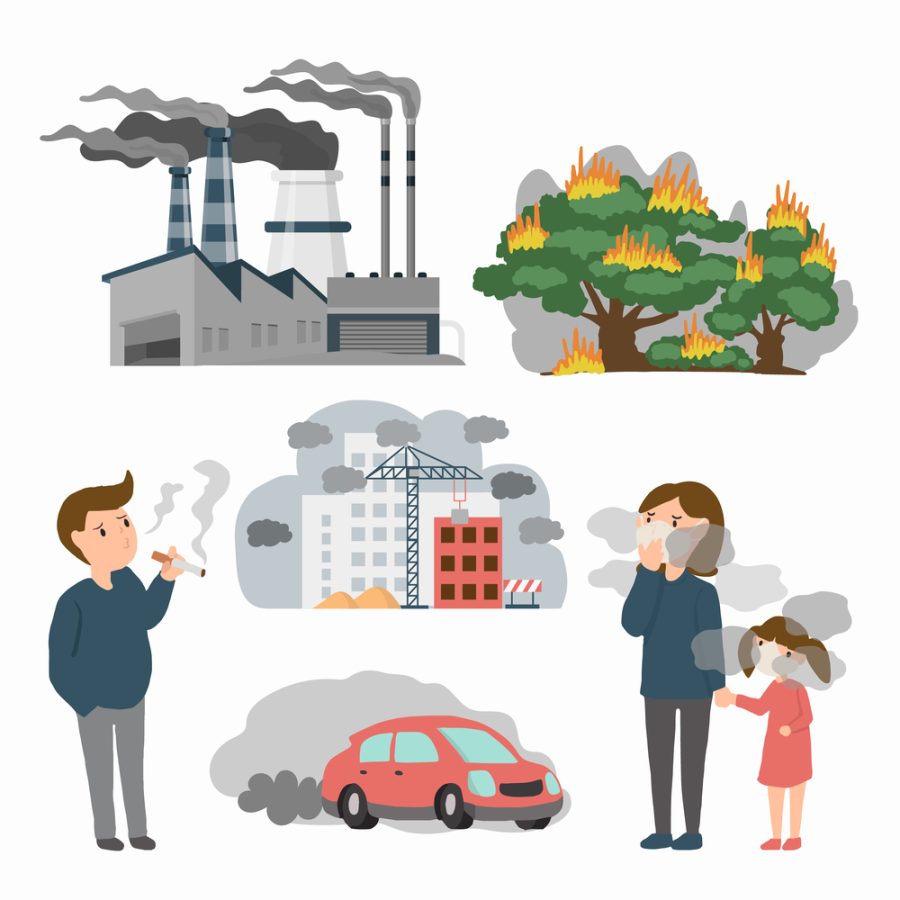
Now
Semi-trucks are necessary for urban logistics and the economy but have a big impact on global greenhouse gas emissions and climate change. According to the EPA, the transportation sector is responsible for about 29% of total US greenhouse gas emissions, the largest source. Areas with heavy truck traffic, especially urban areas, struggle to maintain good air quality. Besides local air pollution, trucks contribute to global climate change through CO2 and black carbon (a component of particulate matter). Black carbon is particularly bad because it has a much higher global warming potential in the short term than CO2.
Transportation is key to cities working. It encompasses many things, from daily commutes to development and the environment. But its impact goes beyond utility; transportation shapes the urban environment. The heavy use of vehicles, especially big trucks, in cities shows we need eco-friendly solutions to improve air quality and overall environmental health.
Benefits of Sustainable Transportation
Going sustainable is not a trend, it’s a necessity for a healthier planet. Semi-trucks are key to this transformation, they move the bulk of goods across long distances. By going sustainable these vehicles can impact the environmental, economic, and social environment. They also contribute to cleaner air which reduces respiratory diseases and other health issues related to poor air quality.
Semi trucks are one of the biggest contributors to greenhouse gas (GHG) emissions because they need diesel fuel. Alternatives to diesel like electric motors are more efficient at converting energy into power to run vehicles. This means less energy consumption and fewer emissions per mile than diesel engines.
Electric vehicles have many benefits but they’re not practical for over-the-road trucking. They have a limited range, insufficient charging infrastructure, longer charging times, reduced payload capacity due to heavy batteries, and higher upfront costs than diesel trucks. These challenges make electric trucks not practical for long-haul trucking right now despite the benefits.
ShipEX’s Part in Sustainable Transportation
As an OTR trucking company, we take our environmental responsibility seriously while maintaining efficiency and reliability in our services. To stay ahead of the curve on environmental sustainability we update our fleet with the latest energy-efficient technology. By doing so we are reducing our carbon footprint and setting the standard for the industry.
Here are some of the ways we practice:
- We rotate our trucks every 12 months to meet the latest emissions standards.
- We follow governed speeds to promote fuel efficiency.
- We plan our trips to optimize efficiency and reduce emissions.
By updating our fleet with more energy-efficient vehicles, reducing overall fuel consumption, and minimizing emissions ShipEX is not only protecting the environment but also showing our commitment to sustainability.
Sustainable Transport Technologies
Electric vehicles (EVs) are moving fast with new technologies. Better batteries now allow EVs to travel further on a single charge, more range, faster charging, and more efficiency. Besides electric and hybrid vehicles other alternative fuels like hydrogen, biodiesel, and renewable natural gas are becoming more mainstream. Hydrogen fuel cell technology is particularly promising for long-haul trucking because of its long-range and fast refueling.
Technology is changing sustainable transportation by using data analytics and AI to optimize routes, reduce idle times, and improve fuel efficiency. Advanced systems predict traffic, suggest better routes, and provide real-time updates to cut fuel use and emissions. Traffic congestion is managed with sensors and cameras that monitor flow and adjust signals to reduce stop-and-go driving.
Challenges and Future Directions
Going sustainable requires significant upfront investment. Electric trucks, hydrogen fuel cells, and advanced battery technology are more expensive than traditional diesel trucks. Developing the infrastructure for renewable energy like charging stations and hydrogen refueling points requires more financial resources. For many trucking companies, the initial cost is a barrier to adopting greener technology. The adoption of new technology also faces public resistance with concerns about the reliability, range, and performance of electric and alternative fuel trucks.
Summary
Going sustainable is key to reducing our environmental footprint, public health, and the future of the trucking industry. By rotating our trucks and optimizing our route planning we are contributing to a cleaner future by promoting fuel efficiency and reducing our impact.
As the transportation system changes there are things we can all do to make a difference like using public transportation whenever possible, reducing fossil fuels, and supporting companies that are moving towards greener transportation. ShipEX will do its part to be more sustainable and look forward to reducing emissions more in the future.
